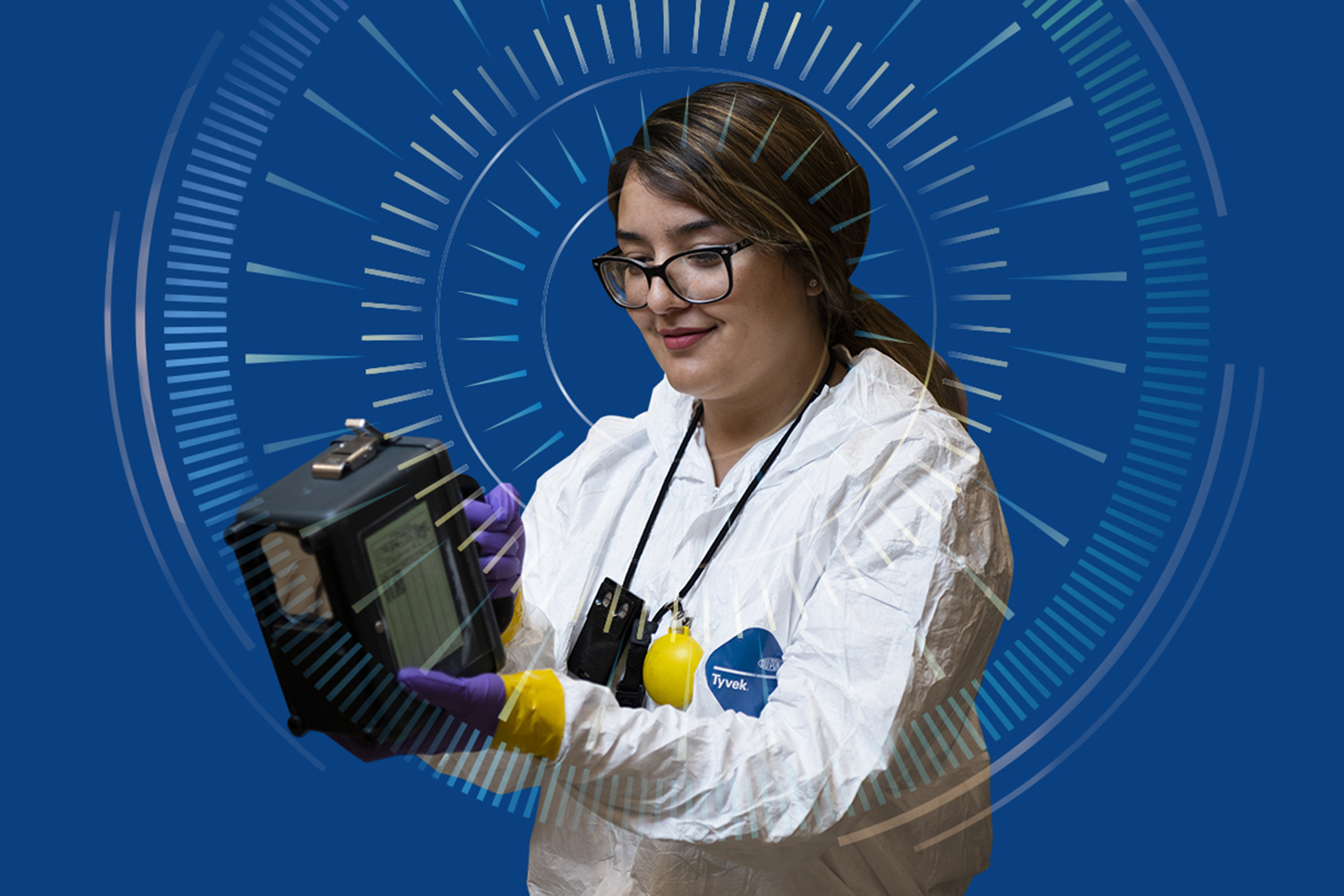What is Radiation Protection?
Radiation Protection is a crucial field focused on safeguarding individuals from the harmful effects of radiation exposure in various industries such as healthcare, nuclear energy, and environmental monitoring. Professionals in this field implement safety measures and protocols to minimize radiation risks for workers and the public.
Why study Radiation Protection @ NNMC?
At Northern, our Radiation Protection & Nuclear Operations AAS programs teach state of the art practices in industrial hygiene, and provides students with a comprehensive understanding of radiation science and safety. Through hands-on training and theoretical coursework, students develop the technical skills necessary to operate radiation detection equipment and ensure compliance with safety regulations.

